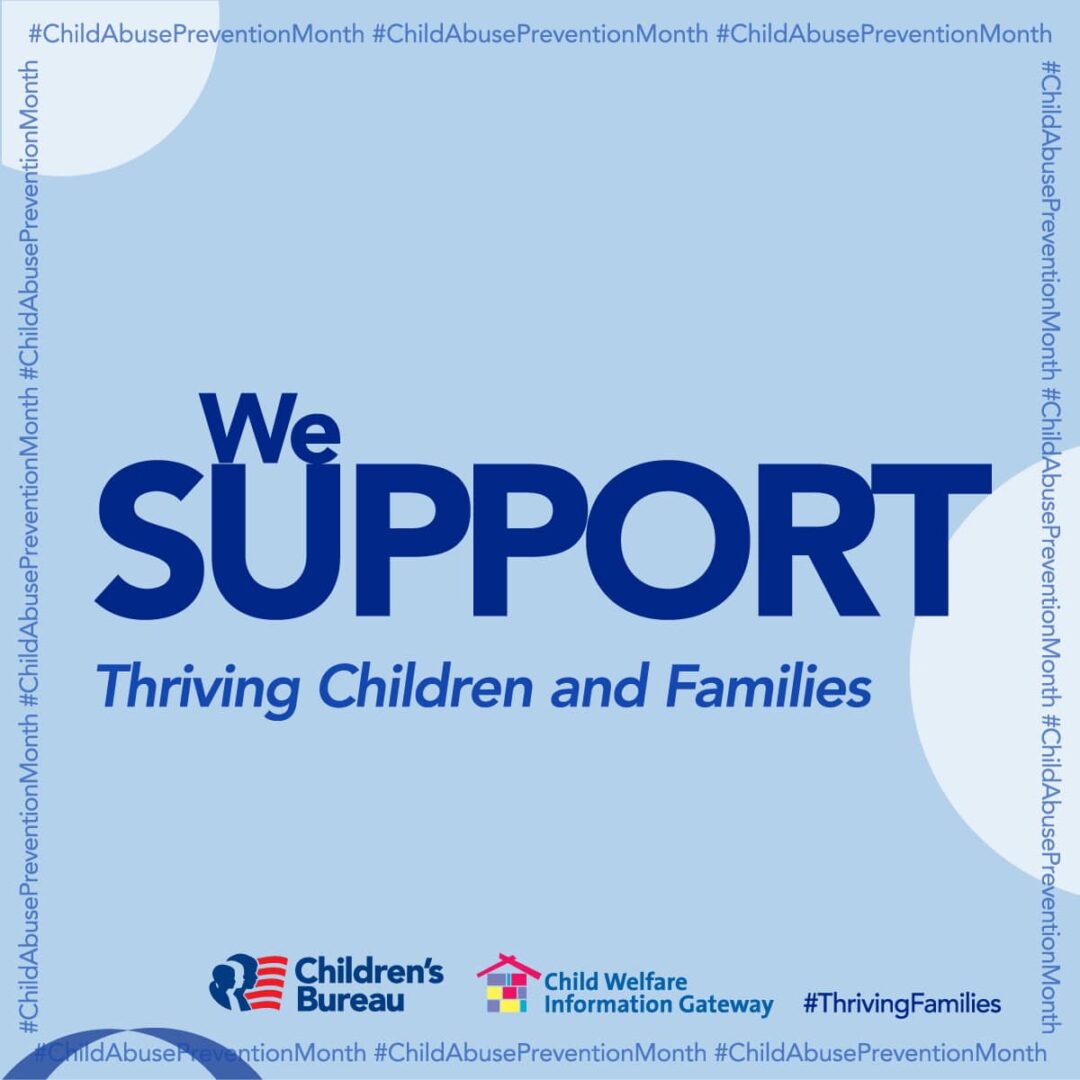Help Prevent Abuse
Know. See. Respond.
Abuse Prevention, Awareness and Protection
Child Abuse
The safety and well-being of children, is, and always will be, our top priority. As an organization that reaches 5,000 youth every day our most important work is creating safe environments. That any child or teen would experience harm in our care is unacceptable. All YMCA staff and volunteers are mandated reporters and are trained annually in abuse prevention. Ensuring the safety and well-being of young people is foundational to everything we do at the Y to help them learn, grow and thrive.
During April and all year long, the Y encourages adults and organizations in the community to play a vital role in making Orange County a safer place for children.
When adults know how abuse happens, see the warning signs, and respond quickly to prevent abuse, they foster a culture of child abuse prevention. Together, we can bring awareness to the issue of child sexual abuse in our communities and have important conversations around how we can all work together to prevent it from happening.
Did you know that today:
-
- It’s estimated that at least 1 in 7 children in the US has experienced child abuse and/or neglect in the past year
- Neglect is the most common form of child abuse, followed by physical abuse, sexual abuse, and psychological abuse
- 1 in 10 children will be the victim of sexual abuse before their 18th birthday
- 90 percent of children who are abused know the abuser.
- 1 in 5 children is solicited sexually on the Internet before the age of 18.
These numbers are startling and disheartening. Yet, when adults collectively understand the risks and red flags of child sexual abuse, we can do more to keep kids safe. When we all take action, abuse is preventable.
What you, we, can do.
Together, we can stand up to demand that children are protected and speak out to encourage all adults to make it happen. But it takes all of us.
- By bringing awareness to the issue of child abuse to your community, you are making a difference.
- By fostering conversations around how we can prevent it, you are making a difference.
- By speaking up if you see a boundary violation, you are making a difference.
- By stepping up and speaking out against child abuse, you are not only saving childhood but you are improving the lives of all of us.
What to do if you believe a child is being abused
- You do not need to have proof that abuse is occurring to make a report, only reasonable suspicion. Reasonable suspicion means that you have witnessed maltreatment or boundary violations, either in the child or adult, or both. Or, you have received a disclosure from a child about abuse, neglect, or boundary violations towards them.
- Abuse reports should be made to the police and/or state child protective services.
Additional Resources:
National Child Abuse Hotline: 24/7 at 1-800-422-4453
National Domestic Violence Hotline: 24/7 at 1-800-799−7233
National Sexual Assault Hotline: 24/7 at 1-800-656-4673
National Suicide Prevention Lifeline: 24/7 at 1-800-273-8255
Substance Abuse and Mental Health Services Administration (SAMHSA) Helpline: 24/7 at 1-800-622-4357
Crisis Text Line: 24/7 text DS to 741741
Resources & Tips

National Child Abuse Prevention Month recognizes the importance of communities working together to help families thrive and prevent child maltreatment. This year the Children’s Bureau’s theme for National Child Abuse Prevention Month is Thriving Children and Families: Prevention With Purpose. Learn more!
Adult & Elder Abuse
Elder abuse includes physical abuse, emotional abuse, sexual abuse, exploitation, neglect, and abandonment. Perpetrators include children, other family members, and spouses—as well as staff at nursing homes, assisted living, and other facilities.
-
- Physical abuse means inflicting physical pain or injury upon an older adult.
- Sexual abuse means touching, fondling, intercourse, or any other sexual activity with an older adult, when the older adult is unable to understand, unwilling to consent, threatened, or physically forced.
- Emotional abuse means verbal assaults, threats of abuse, harassment, or intimidation.
- Confinement means restraining or isolating an older adult, other than for medical reasons.
- Passive neglect is a caregiver’s failure to provide an older adult with life’s necessities, including, but not limited to, food, clothing, shelter, or medical care.
- Willful deprivation means denying an older adult medication, medical care, shelter, food, a therapeutic device, or other physical assistance, and exposing that person to the risk of physical, mental, or emotional harm—except when the older, competent adult has expressed a desire to go without such care.
- Financial exploitation means the misuse or withholding of an older adult’s resources by another.
Did you know?
Approximately one in 10 Americans aged 60+ have experienced some form of elder abuse. Some estimates range as high as five million elders who are abused each year. One study estimated that only one in 24 cases of abuse are reported to authorities.
Physical abuse, neglect, or mistreatment: Bruises, pressure marks, broken bones, abrasions, burns.

